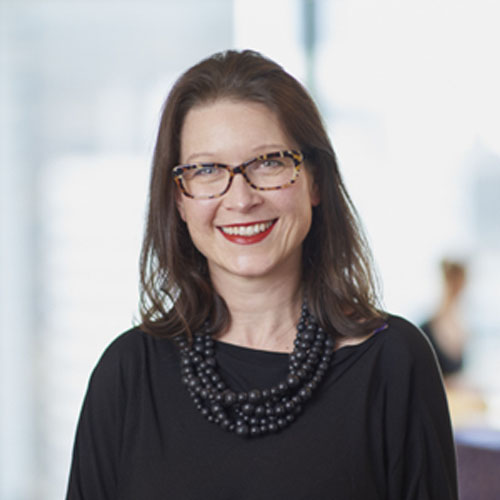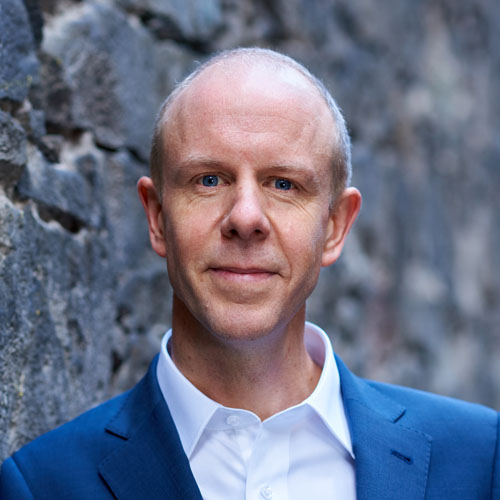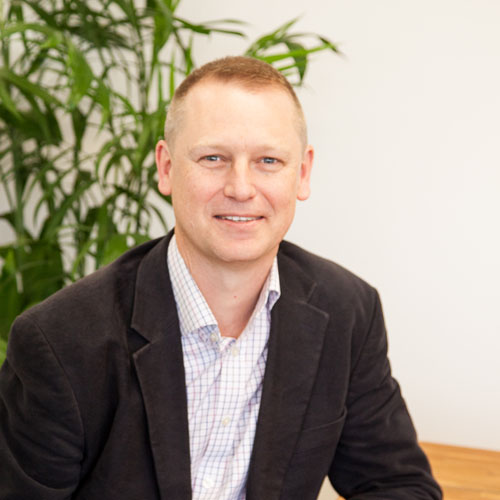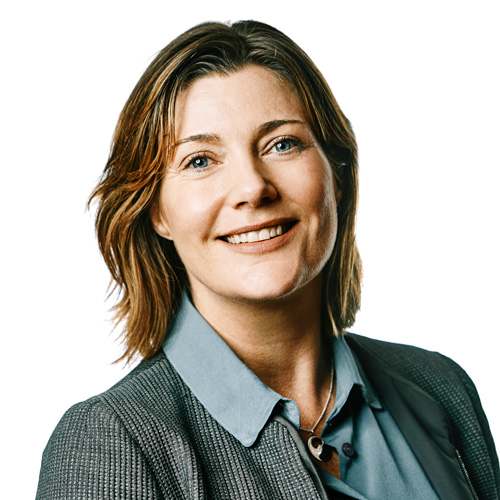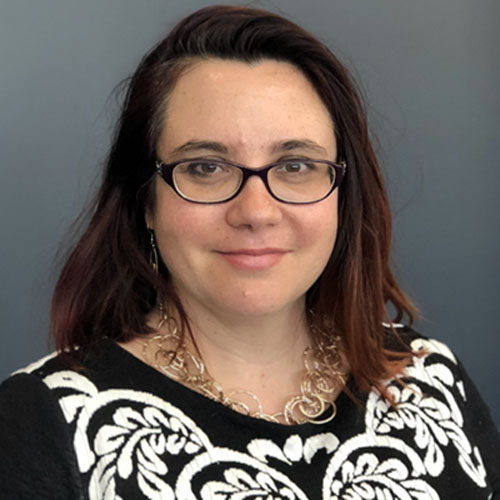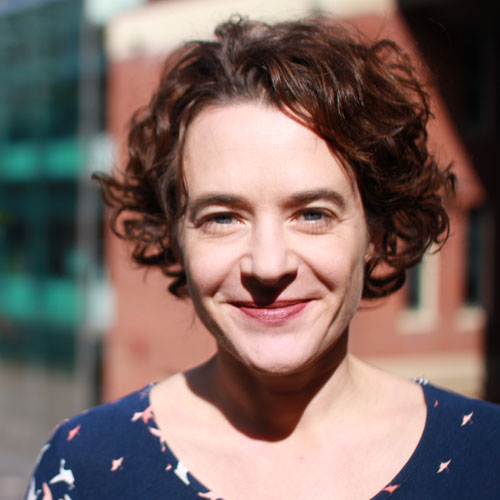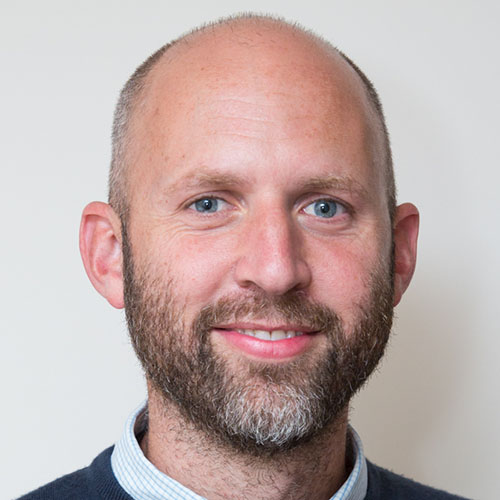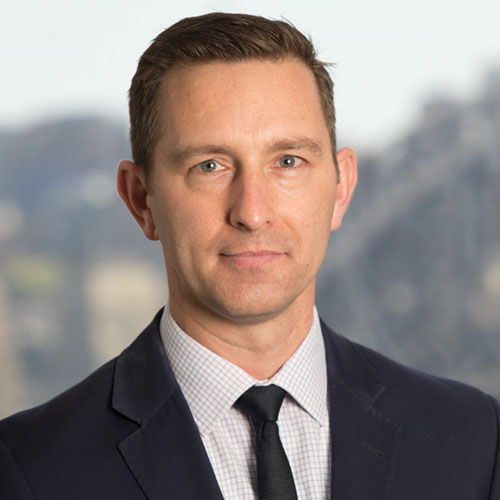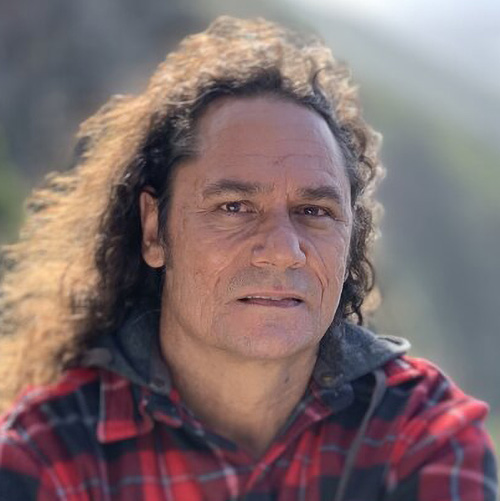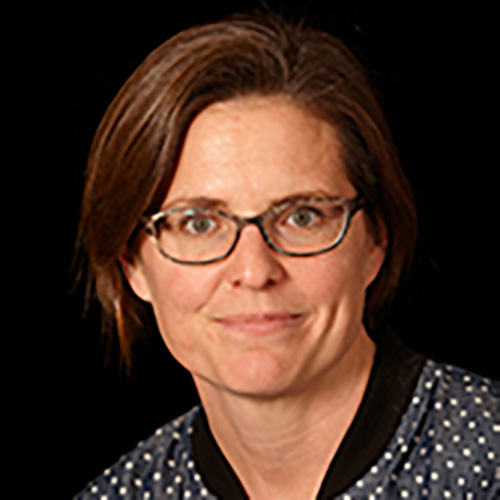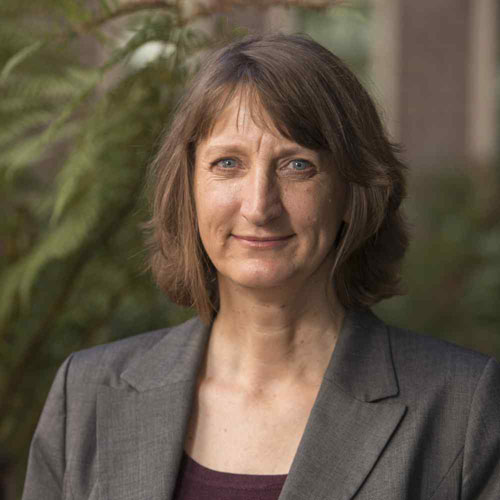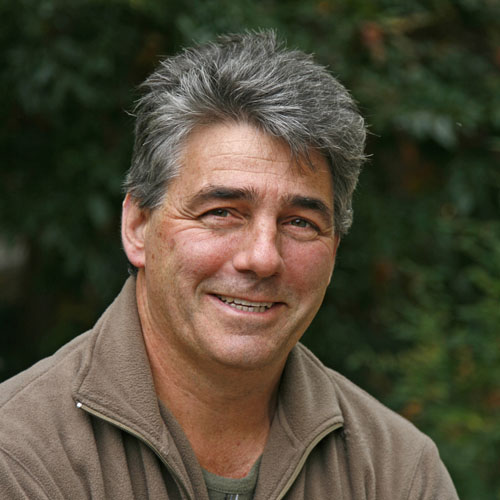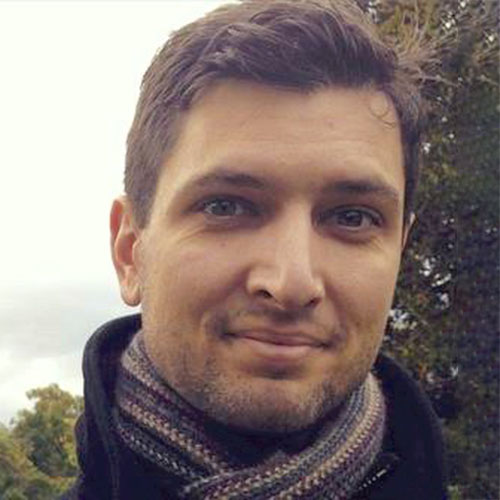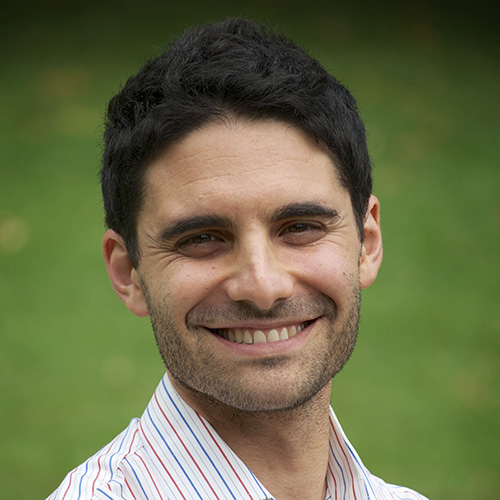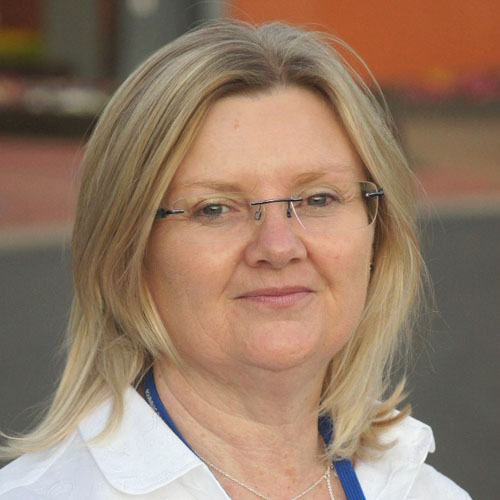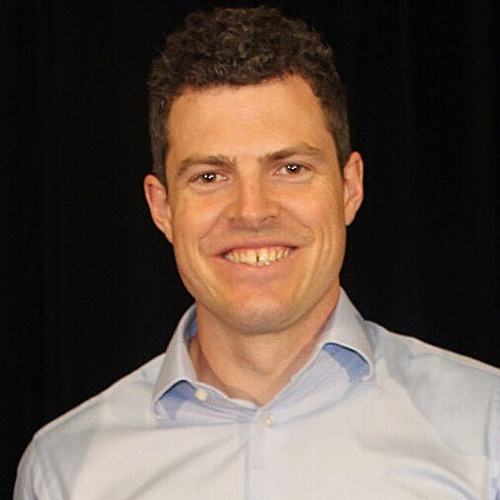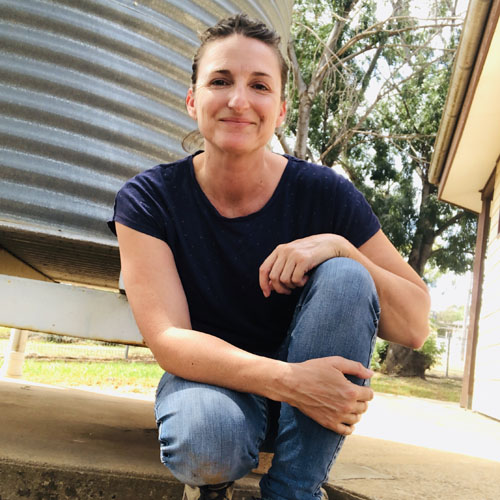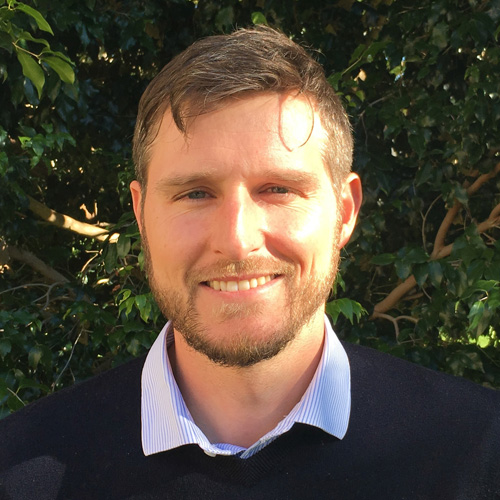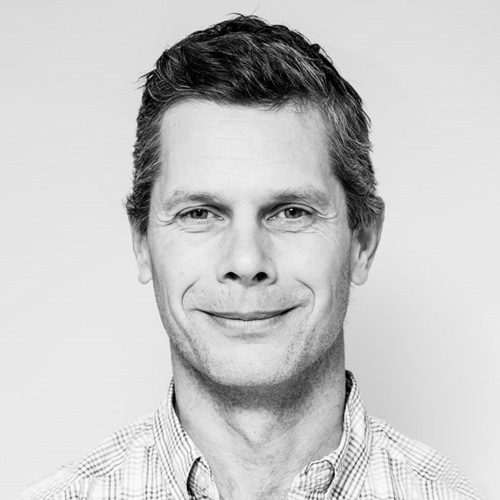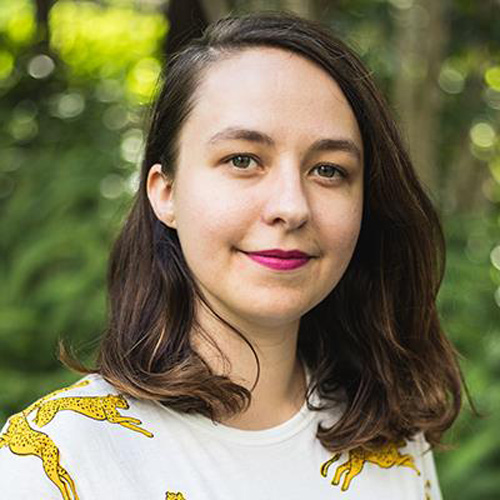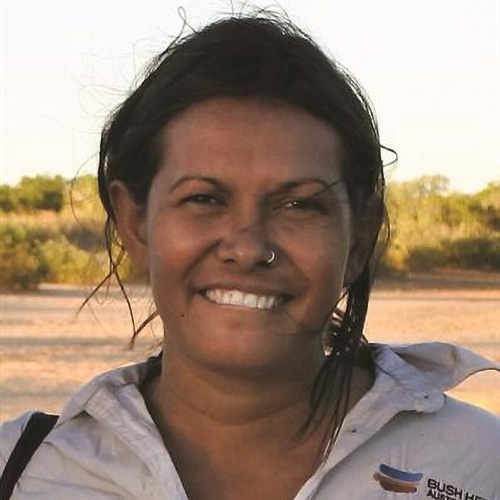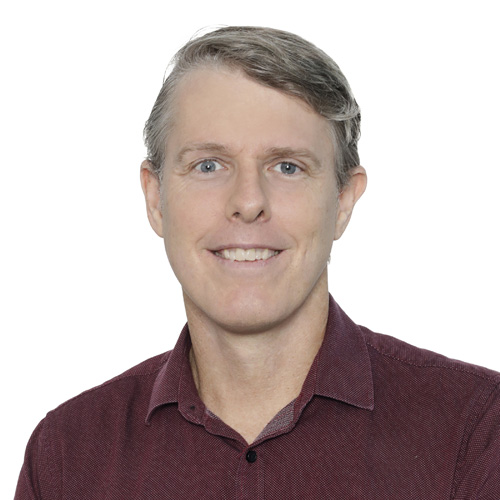Business and Biodiversity Webinar Series
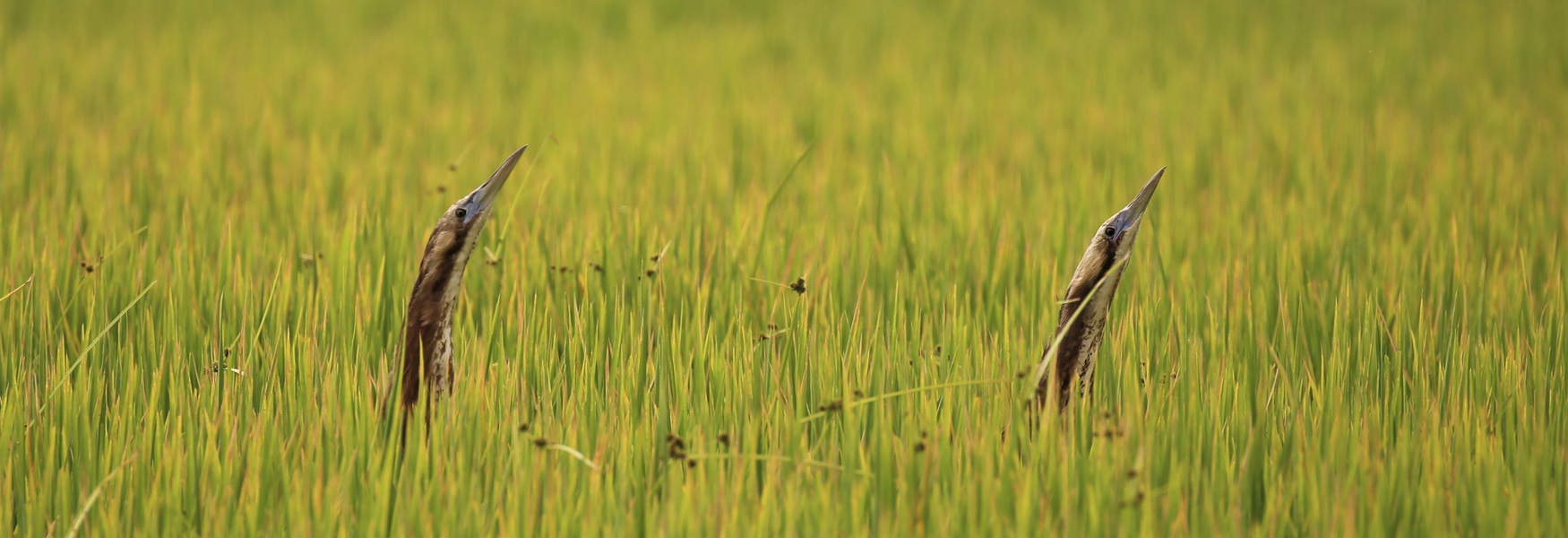
Intact ecosystems and biodiversity are key to a sustainable environment and the functioning of our society and businesses.
Businesses that integrate sustainability and natural capital goals into their decision-making, and do their part to protect and enhance biodiversity, are forerunners in understanding that economic gains occur in synergy with investing in biodiversity and ecosystem resilience.
Join our presenters and panellists from science, law, finance, urban development, agriculture, and more as we discuss biodiversity and ecosystem risks and benefits, opportunities for designing environmentally resilient cities and agricultural systems, and decision-making tools that can help business improve outcomes for nature.
Biodiversity and Ecosystem Risk for Business
14 July 2020
Australian landscapes are shaped by extremes, including severe droughts, bushfires, floods, and heat waves. These climate extremes and system shocks are intensifying, posing severe risks to our ecosystems, health, landscape productivity and economy. Understanding the importance of natural systems and their integrity for our prosperity and wellbeing can help inform better decisions for mitigating risk and investing in natural assets and ecosystem resilience, to deliver benefit to our communities and our economy.
Supplementary resources: Available in Dropbox.
Speakers and facilitators
|
|
Speaker: Brendan Wintle (Director, Threatened Species Recovery Hub)is a Professor of Conservation Ecology at the University of Melbourne and Director of Australia’s NESP Threatened Species Recovery Research Hub. He develops quantitative methods to support conservation decision-making and policy. He publishes on monitoring design, cost-efficient conservation spending, actions for preventing extinction, and species distributions under environmental change. He harbors strange obsessions with greater gliders, playing roundball football (too old), tigers (AFL variety) and spider orchids. | |
|
|
Speaker: Sarah Barker (Head of Climate Risk Governance, MinterEllison) has two decades' experience as a corporate lawyer and is regarded as one of the world's foremost experts on investment governance and corporate disclosure issues relating to climate change. Her expertise is sought by public and private sector clients across Australasia, and by global institutions from the Bank of England to the United Nations PRI. Sarah is a non-executive director of the $30-billion FUM Emergency Services & State Super and on the Steering Committee of the Australian Sustainable Finance Initiative. She teaches the Australian Institute of Company Directors' flagship Company Directors' Course and Cambridge Institute for Sustainability Leadership's 'Earth on Board' programme, and is an academic visitor at the Smith School of Enterprise & the Environment at the University of Oxford. | |
|
|
Panellist: Simon O'Connor (Co-Chair, Australian Sustainable Finance Initiative & CEO, Responsible Investment Association Australasia) is co-chair of the steering committee of Australian Sustainable Finance Initiative, a financial services sector collaboration consisting of 90 organisations who are working to develop a roadmap for the sector to contribute systematically to Australia's contribution to the UN Sustainable Development Goals and the Paris Agreement on climate change. Simon is also the CEO of the Responsible Investment Association Australasia - an organisation with over 300 organisations who jointly manage over $9 trillion in assets globally - where he works to elevate sustainability issues as core investment risks and opportunities, and shift capital to support a more sustainable, equitable and prosperous world. | |
|
|
Panellist: Carl Obst (Director, Institute for the Development of Environmental-Economic Accounting) is a Director at the Institute for Development of Environmental-Economic Accounting - IDEEA Group. He became editor of the United Nation’s System of Environmental-Economic Accounting (SEEA) after his long career with the Australian Bureau of Statistics, including time at the OECD. He is a leading player in closing the gap between government and corporate approaches to natural capital accounting. | |
|
|
Panellist: Kate McHugh (Corporate Responsibility Manager for Sustainable Growth at Suncorp) has 20 years corporate experience in process and operational improvement and change strategies with a focus on customer outcomes and business growth, helping organisations develop, adopt, operationalise and communicate responsive business and sustainability (ESG) strategies in meaningful and authentic ways. | |
|
|
Facilitator: Rachel Morgain (Knowledge Broker, Threatened Species Recovery Hub) is a knowledge translation specialist and environmental researcher with extensive experience working at the interface of research and policy. She is knowledge broker for the NESP Threatened Species Recovery Hub, building partnerships for research that makes a difference. She writes on social and cultural perspectives on environmental values and the role of science in policy and society. | |
Nature-based Opportunities for Resilient Cities
21 July 2020
Australia’s population is projected to reach around 40 million people by 2061. Designing cities that integrate native biodiversity represents a smart opportunity to build future resilience and a significant pathway for achieving sustainability goals. Biodiverse green space can deliver enormous benefits for health, education and wellbeing; it can help mitigate climate and weather extremes and provide natural solutions to urban water management and air quality. To find out more about what is happening for nature in our cities and the opportunities this presents in Australia and globally.
Supplementary Resources: Available in Dropbox.
|
|
Speaker: Professor Sarah Bekessy (RMIT University) leads the ICON Science research group at RMIT University which uses interdisciplinary approaches to solve complex biodiversity conservation problems. She is particularly interested in understanding the role of human behaviour in conservation and in designing cities to encourage ‘every day nature’ experiences. She co-developed the Biodiversity Sensitive Urban Design protocol that has now been used by numerous developers, governments and non-government organisations to design innovative urban biodiversity strategies. She is a project leader in the National Environmental Science Program’s Threatened Species Recovery and Clean Air and Urban Landscapes Hubs. | |
|
|
Speaker: Guy Williams (Biodiversity Consultancy) is an ecologist with more than fifteen years’ experience in biodiversity related aspects of environmental impact assessment, strategy and due diligence. He works in both technical delivery, project management and policy conception for biodiversity mitigation, habitat quality assessment and ecosystem conservation. His work with The Biodiversity Consultancy includes projects across the Asia Pacific region with a focus on cities, infrastructure and materials. | |
|
|
Speaker: Chris Nunn (Head of Sustainability at AMP Capital Real Estate) works with the Funds Management team to set Sustainability (Environment, Social & Governance) strategies and engages with key stakeholders to communicate sustainability performance and initiatives. His 20 years' experience includes expertise in environmental law, sustainability consultancy, green building design and operations, sustainability rating systems, corporate sustainability strategy and reporting. | |
|
|
Speaker: Clarence Slockee (Director, Jiwah) is a Bundjalung Aboriginal man and a graduate of NAISDA Dance College and UTS Business School. He is Director and founder of Jiwah Pty Ltd a 100% Aboriginal owned company that delivers a range of collaborative projects including urban native species greenspace. He is passionate about his culture and ensuring the biodiversity of native species. | |
|
|
Facilitator: Claire Bowles (i2C) is a passionate regenerative practitioner who sees the world through an ecological lens believing we are all connected in a web of life and all have a role to play in ensuring a healthy living future for all. Claire has worked to establish i2C’s core sustainability principles around People, Place and Nature and builds capacity across the teams to care for, respect and learn from our natural environments. Claire is a keen advocate for agile working and self-management practices and loves to encourage people to be their whole selves in the workplace. | |
Valuing Nature in Agricultural Landscapes: Tools from Science & Economics
28 July 2020
Enhancing biodiversity within agricultural landscapes can strengthen the resilience of these systems. Our speakers will discuss tools and approaches that can help farmers integrate biodiversity into farming landscapes, and provide investors, industry bodies and leaders with measures and approaches for assessing the biodiversity and productivity outcomes from improving natural asset management.
Supplementary Resources: Available in Dropbox.
|
|
Speaker: Michelle Young (ANU Sustainable Farms) is the Project Director of Sustainable Farms at the Australian National University. She is a social scientist who has worked on a range of research and evaluation projects in both agriculture, the environment and public health. Her experience includes undertaking the evaluation of the social and economic impacts of the Murray Darling Basin Plan and conducting a number of studies of farm practices with the Bureau of Rural Sciences | |
|
|
Speaker: David Lindenmayer (ANU Sustainable Farms and Threatened Species Recovery Hub) is Deputy Director of the Threatened Species Recovery Hub. He conducts long-term monitoring programs in south-eastern Australia, developing ways to conserve biodiversity in native ecosystems, plantations, and on farm land. He is an Officer of the Order of Australia, and has won many awards including the Australian Natural History Medal, and the Serventy Medal for Ornithology. | |
|
|
Speaker: Martin Westgate (ANU Sustainable Farms) is a Research Fellow in ecology at the Australian National University, with a strong focus on software development and open science. He studies how scientific information can be used to understand and mitigate human impacts on the environment, research for which he was awarded the ESA/Wiley Next Generation Ecologist Award in 2017. | |
|
|
Speaker: Eli Court (ClimateWorks Australia) currently leads ClimateWorks’ Land use futures program, a multi-year, cross-sectoral initiative supporting the shift to sustainable food and land use in Australia, with national and international partners. He is dedicated to helping people transition to a zero emissions future using skills in knowledge translation to develop effective on-ground projects. | |
|
|
Panellist: Tess Herbert (Meat and Livestock Australia) owns and runs a sixth-generation farming operation in NSW. She currently chairs the Australian Beef Sustainability Framework Steering Group and was previously President of the Australian Lot Feeders Association, and Red Meat Advisory Council Director. As in industry driven initiative, the Framework defines sustainable beef production in an Australian context and annually tracks performance through extensive stakeholder engagement. | |
|
|
Panellist: James Bentley (Associate Director, Natural Values, National Australia Bank) leads work at NAB to understand the value of natural capital. He has worked for the UK government, international consulting firms and Australia’s largest irrigation company providing advice on water resources and carbon market economics, environmental policy and natural resource risk management. | |
|
|
Panellist: Tamara Harris (ANU Sustainable Farms) is passionate about regenerative agriculture and engaging with the community. She is the Engagement Officer with ANU Sustainable Farms and her previous roles include extensive networking with Landcare throughout Queensland and NSW, and with Local Land Services as the Regional Agriculture Landcare Facilitator. | |
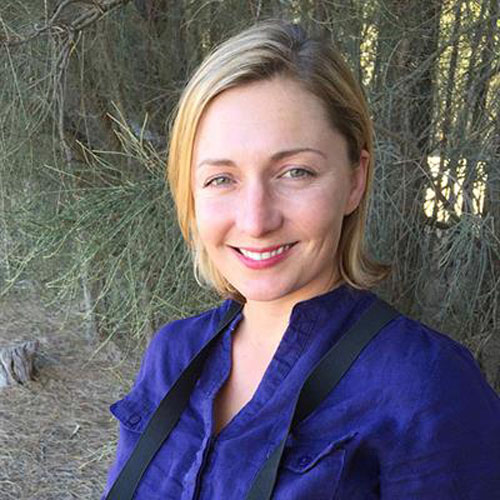 |
Facilitator: Martine Maron (University of Queensland and Threatened Species Recovery Hub) is a Professor of Environmental Management, an ARC Future Fellow at The University of Queensland, and Deputy Director of the Threatened Species Recovery Hub. She is a key contributor to national and international offset policy including the EPBC Act Offsets Assessment Guide and New Zealand’s biodiversity offsets accounting model. | |
Measuring impact and assessing performance: tools for business decisions
4th August 2020
Biodiversity science provides evidence to protect, improve, and restore species and ecosystems, and to reduce the risk of impacting on natural systems and the benefits they deliver for our communities. Environmental decision frameworks, forecasting tools and reporting measures can support businesses to evaluate and mitigate impact across their value chain, make better and lower risk decisions and assess performance against ESG goals.
Supplementary Resources: Available in Dropbox.
|
|
Speaker: Martine Maron (University of Queensland and Threatened Species Recovery Hub)is a Professor of Environmental Management, an ARC Future Fellow at The University of Queensland, and Deputy Director of the Threatened Species Recovery Hub. She is a key contributor to national and international offset policy including the EPBC Act Offsets Assessment Guide and New Zealand’s biodiversity offsets accounting model. | |
|
|
Speaker: Dr Jeremy Simmonds (University of Queensland’s Centre for Biodiversity and Conservation Science)is a postdoctoral research fellow at The University of Queensland’s Centre for Biodiversity and Conservation Science. He is interested in the environmental impact assessment process, and especially how the contentious tool of biodiversity offsetting can be harnessed to deliver better outcomes. | |
|
|
Speaker: Guy Dutson (Senior Principal Consultant, The Biodiversity Consultancy)advises projects and companies on how to audit and monitor biodiversity for least impact and adaptive management. This advice is based on decades of practical experience of primarily monitoring birds for NGOs and various levels of government. And monitoring birds for the personal fun of it. | |
|
|
Speaker: Natasha Cadenhead (PhD Candidate, The University of Queensland)is a conservation researcher at The University of Queensland. She has a background in using quantitative modelling to improve outcomes for threatened species, and is currently working on ways to better incorporate biodiversity into everyday decision making in financial institutions. | |
|
|
Panellist: Radha Kuppalli (Managing Director - Investor Services, New Forests)leads the oversight of product development and communication of New Forests’ investment strategies in the institutional investment market and integration of responsible investment and ESG innovations into investment strategy. She is focused on driving capital markets toward investing in climate change solutions and sustainable development. | |
|
|
Panellist: Cissy Gore-Birch (Chair, TSR Hub Indigenous Reference Group and National Aboriginal Engagement Manager, Bush Heritage Australia) has Jaru heritage through her grandmother’s country and is connected to Nyikina and Balanggarra country. Her leadership roles span the North Australian Indigenous Land and Sea Management (NAILSMA), and the Northern Hub’s Indigenous Reference Group. Cissy believes we all have a role to play in managing country and taking care of our environment. | |
|
|
Panellist: David Francis (Senior Principal Ecologist, Cardno)has been working in the environment industry for over 27 years. He has delivered projects for government, the development sector, extractive industry and non-government organisations throughout Queensland, NSW, Victoria and PNG. Through this work David has been involved with a wide range of projects that grapple ecological conundrums including biodiversity management and offsets. | |
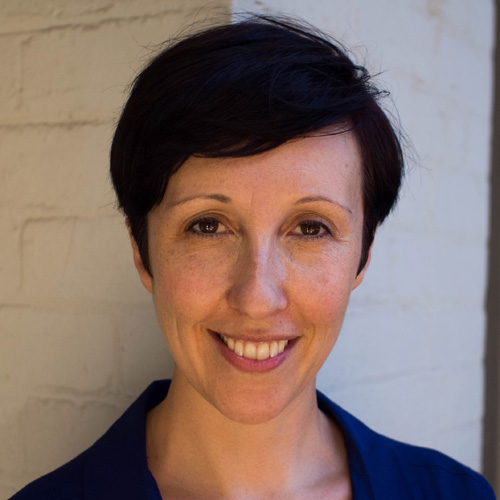 |
Panellist: Prue Addison (Conservation Strategy Director, Berks, Bucks, and Oxon Wildlife Trust)leads the delivery of a range of innovative conservation programmes for wildlife in local British landscapes to address marine and terrestrial environmental challenges. Prue is also a Research Associate at the University of Oxford, collaborating on research relating to corporate biodiversity accountability and conservation finance. | |
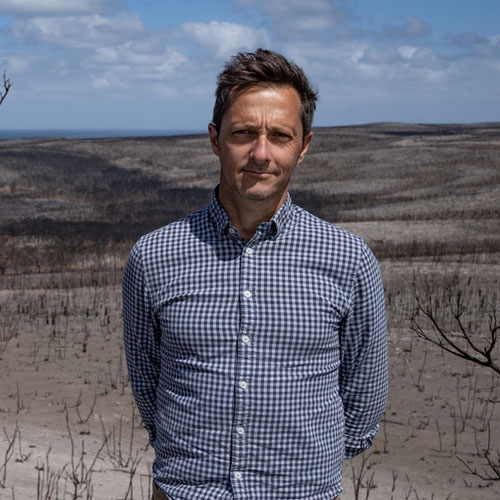 |
Facilitator: Brendan Wintle (Director, Threatened Species Recovery Hub)is a Professor of Conservation Ecology at the University of Melbourne and Director of Australia’s NESP Threatened Species Recovery Research Hub. He develops quantitative methods to support conservation decision-making and policy. He publishes on monitoring design, cost-efficient conservation spending, actions for preventing extinction, and species distributions under environmental change. He harbors strange obsessions with greater gliders, playing roundball football (too old), tigers (AFL variety) and spider orchids. | |
 |
 |
 |
